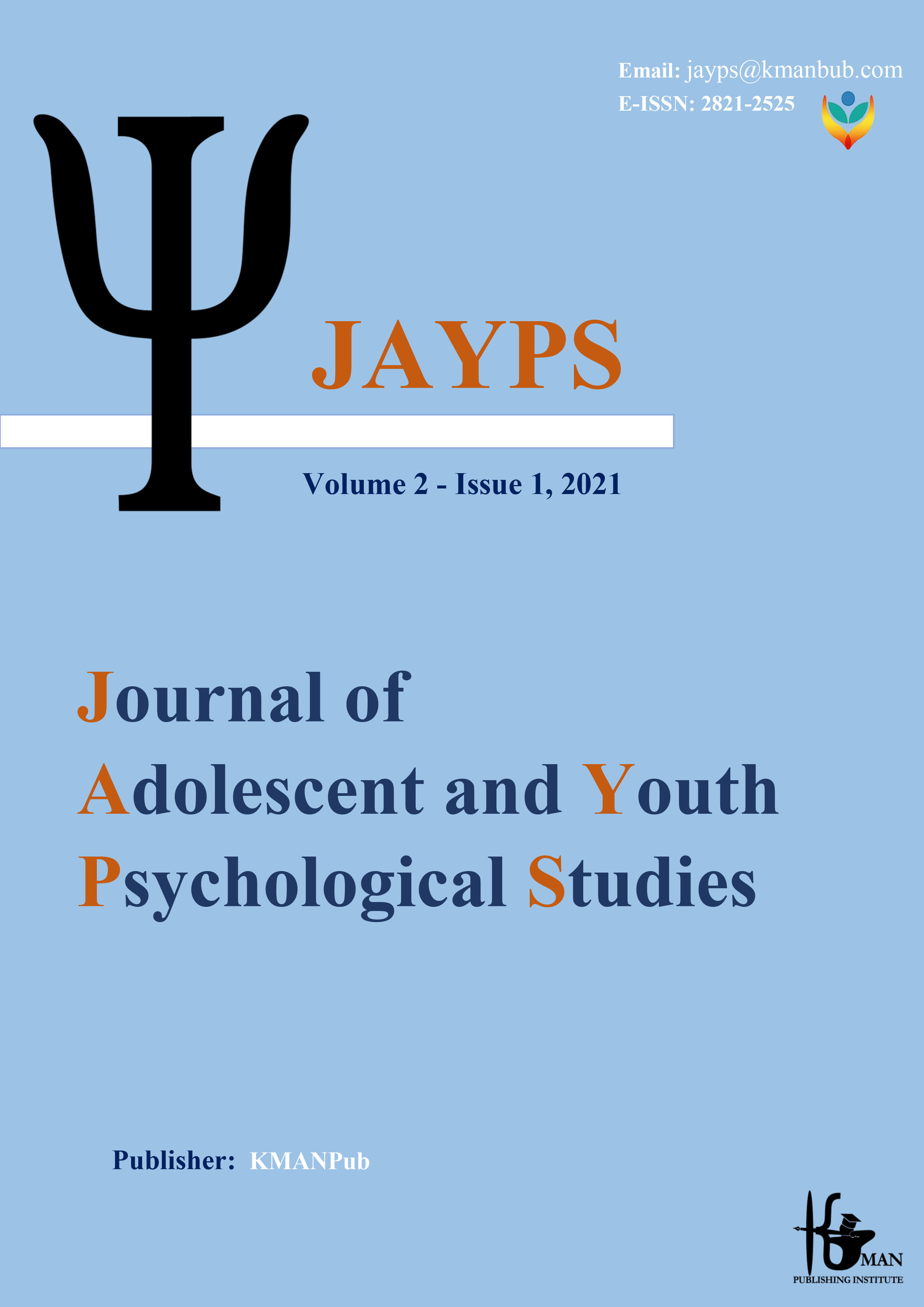The effectiveness of puppet shows on internalizing and externalizing behaviors in hyperactive children
Keywords:
puppet shows, behavior, hyperactivity, childrenAbstract
Background and purpose: Hyperactivity is the most common neurodevelopmental disorder in children and is the most common diagnosis in psychiatry. This disorder includes subtypes of attention deficit hyperactivity disorder and mixed type. Concomitant mental disorders are relatively common in children with hyperactivity. Methods: The present study was a quasi-experimental study with a pretest-posttest research design with a control group along with a follow-up period. The statistical population of the study included all elementary school students (first, second and third grade) with attention deficit / hyperactivity disorder in the academic year 2019-20 who referred to education counseling centers in Tehran, among which A total of 30 inactive children were selected using convenience sampling method and randomly assigned to experimental and control groups (n=15). Data were obtained using the Connors Parent Questionnaire and the Achenbach Child Behavior Inventory - Parental Prescription (Achenbach, 1991). The puppet shows training program of Aziziyan et al. (2016) was performed on the experimental group in 10 sessions of 90 minutes, but the control group remained on the waiting list. Repeated measure analysis of variance and Spss.22 software were used to analyze the data. Results: The results showed that the training of hot and cold executive functions on externalized (F=38.86, p=0.001) and internalized (F=15.25, p<0.001) behaviors was hyperactive in children. Conclusion: It can be concluded that puppet shows were effective on internalizing and externalizing behaviors in hyperactive children and this method can be used to improve the problems of hyperactive children.
Downloads
Downloads
Published
Issue
Section
License

This work is licensed under a Creative Commons Attribution-NonCommercial 4.0 International License.





























